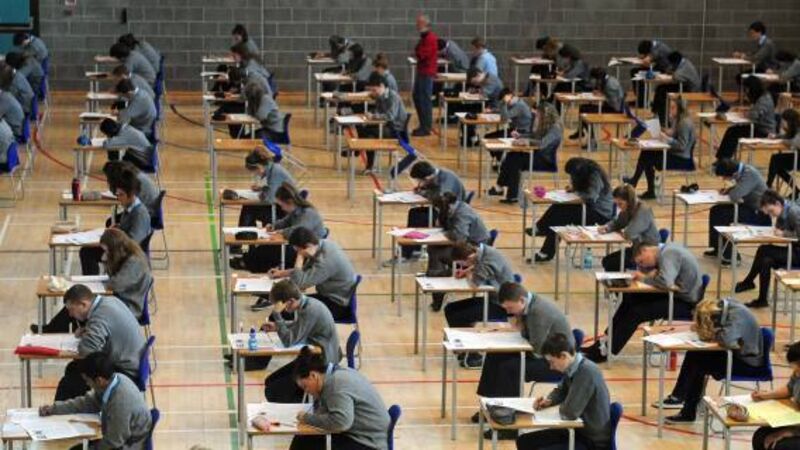Being a minister is a test of character. So is passing an end-of-year exam

Never has a politician, when handed the role of minister, grown into it so well from such a standing start. Unimpressive as a back-bencher, she demonstrated a quiet, civil confidence, not to mention considerable grace, under pressure at the teachers’ conferences of last week.
Teachers’ conferences are an advanced form of hazing for ministers, who run the gauntlet of critical speeches from their hosts, frozen silences from the vast and partisan audiences, and media interrogation on how they can stand over whatever has led to the attacks and silences.















